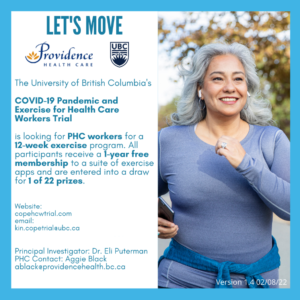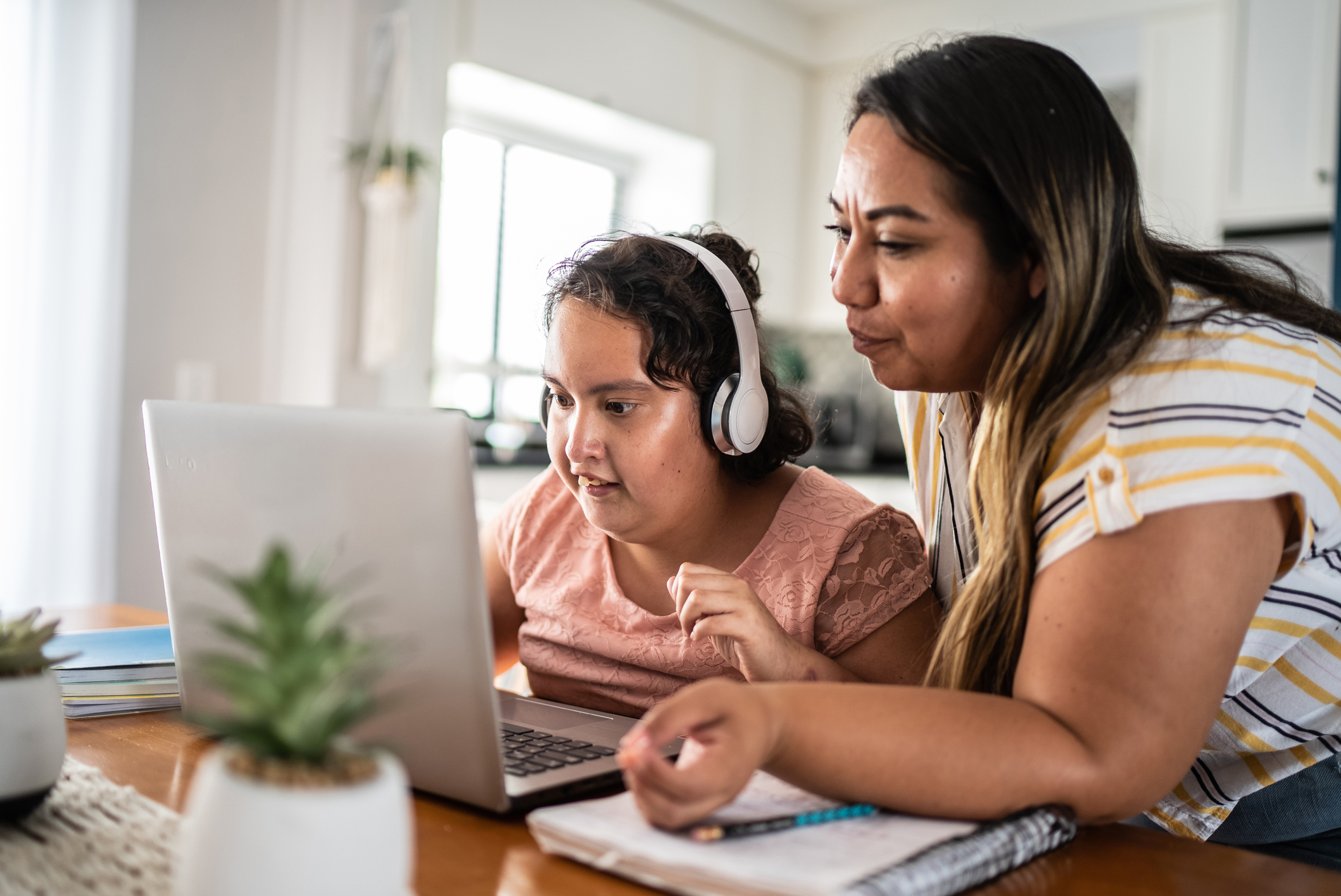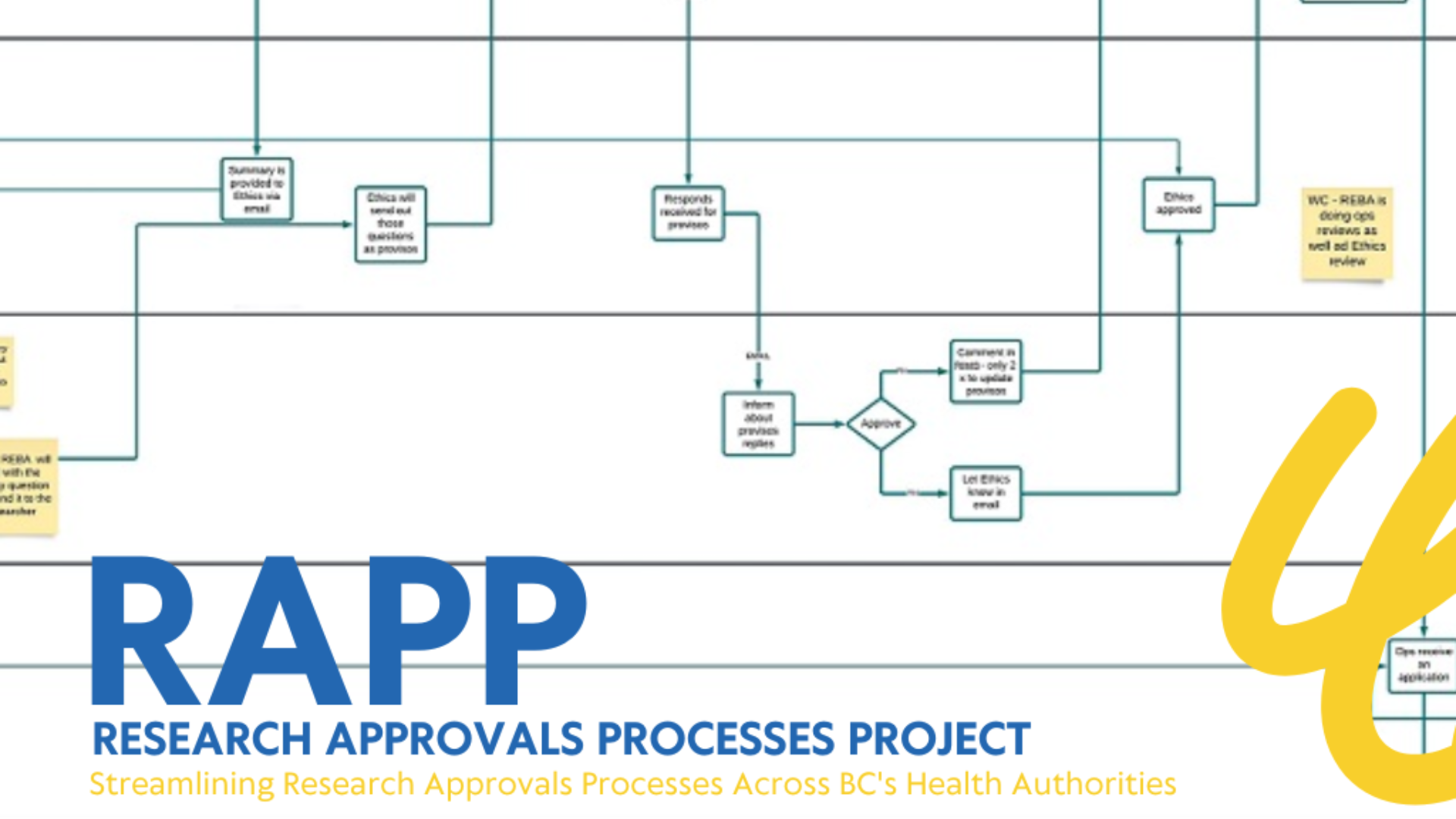Researchers focus on health and wellness for body and mind
15 June 2022

Across Canada, as people isolated in the early months of the COVID-19 pandemic, loneliness, depression and anxiety kicked in, and many had few resources to maintain their mental health. Governments suggested physical activity as a way of coping, but, with parks and gyms closed, it was hard for many people to remain or become physically active. BC scientist — and Michael Smith Health Research BC Scholar (2016 – 2021) — Dr. Eli Puterman and his team had a solution, and delivered peer-reviewed proof of the benefits of exercise on mental health in the early days of the pandemic.
Proof positive
In May 2020, Dr. Puterman’s research team began their work, recruiting over 300 18-64 years old adults from across Canada, giving them a free subscription to an exercise app. The volunteers were divided into four randomized groups that did either yoga, high-intensity interval training, a combination of the two, or to a wait list. Each week for six weeks, participants completed a questionnaire used to track depressive symptoms. Using a scale of zero to three, people reported how often they experienced symptoms such as sleeplessness or feeling lonely.
The study concluded that: “At-home exercise is a potent behaviour to improve mental health in adults during the pandemic, especially in those with increased levels of depressive symptoms. Promotion of at-home exercise may be a global public health target with important personal, social and economic implications as the world emerges scathed by the pandemic.”
Support for healthcare workers
While Dr. Puterman and his team were showing the benefits of exercise, leaders in BC health authorities were looking for interventions to promote the health of health care workers, a group that were particularly hard hit by the pandemic. The success of Dr. Puterman’s work led to a new collaboration with Providence Health Care (PHC), to channel and refine the original study’s approach to support health care workers specifically.
In April 2022, Dr. Puterman’s laboratory launched the COVID-19 Pandemic and Exercise for Health Care Workers Trial (COPE HCW) to discover whether health care workers who become physically active at home improve in their well-being and health. Recruiting health care workers to join the study, spearheaded by PHC, is progressing well, and the research team expects to have enough participants this summer.
By collaborating with a health care employer for the study, Dr. Puterman hopes that this research will help to develop a culture and systems that support people — including health care workers — in doing regular physical activity over the long-term. PHC’s Director, Research and Knowledge Translation, Aggie Black, has been working closely with Dr. Puterman and his team.
Black notes “Building back our health care system to be even stronger post-pandemic will require finding new strategies to promote the health of our health care professionals. Dr. Puterman’s study is vitally important in helping us discover what works to support health care staff to become physically active.”
An advisory group will be developed to use the research findings to engage with PHC teams and policy makers to implement sustainable strategies for integrating exercise options for healthcare workers moving forward.
Talent development comes full circle
In Dr. Puterman’s early career, he also previously received two Health Research BC Research Trainee awards (2003 and 2005). Following completion of his training at University of British Columbia (UBC) in health psychology in 2009, he was a post-doctoral fellow and then, an assistant professor at the University of California, San Francisco. He returned to UBC in the School of Kinesiology in 2015 as an assistant professor and the Canada Research Chair in Physical Activity and Health, receiving a Michael Smith Health Research BC Scholar award in 2016.
Dr. Puterman is not the only Health Research BC award-winning scientist working on this research. Dr. Vincent Gosselin Boucher, a post-doctoral research fellow with Dr. Puterman’s laboratory, is a 2021 recipient of a Health Research BC Research Trainee award, having successfully proposed the randomized COPE HCW trial that is now underway. The funding for talent development, enabled through Scholar and Research Trainee awards, means that the next generation of scientists are on a trajectory for success, and can carry this kind of significant work forward.
“It’s really exciting that I’m supervising someone with an award from the same organization that has supported me several times in my academic journey. Dr. Gosselin Boucher is a wonderful collaborator and team leader,” says Dr. Puterman, who is now an associate professor at the School of Kinesiology and director of the Fitness, Aging and Stress (FAST) Laboratory. “I have an incredible group of mentees and the work we are doing will, I hope, ultimately influence employers, insurance providers, and others to support access to physical activity programs, and motivate individuals to integrate more movement into their daily lives,” notes Dr. Puterman.
His mentee echoes that sentiment. “This work is expected to provide a feasible, engaging, and accessible solution,” says Dr. Gosselin Boucher. “Our hope is that we can implement evidence-based strategies that will improve work stress, health, and quality of life among Canadian health care professionals.”
BJM Journals peer reviewed article: COVID-19 Pandemic and Exercise (COPE) trial: a multigroup pragmatic randomised controlled trial examining effects of app-based at-home exercise programs on depressive symptoms
COVID-19 Pandemic and Exercise for Health Care Workers Trial






